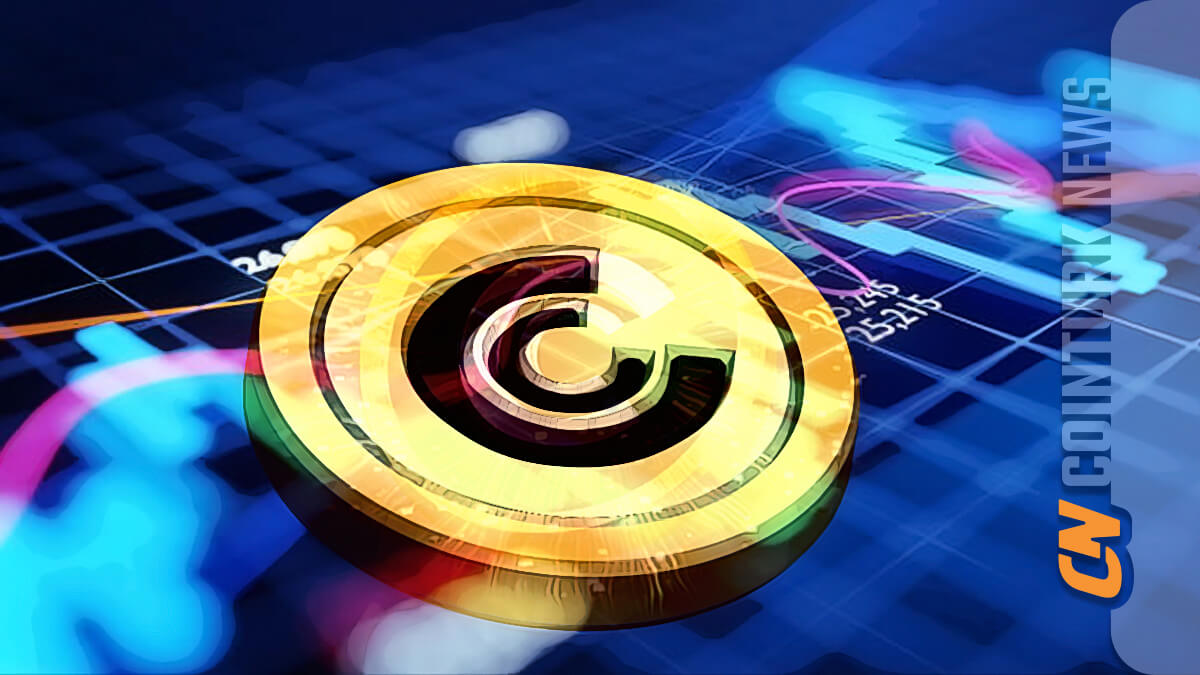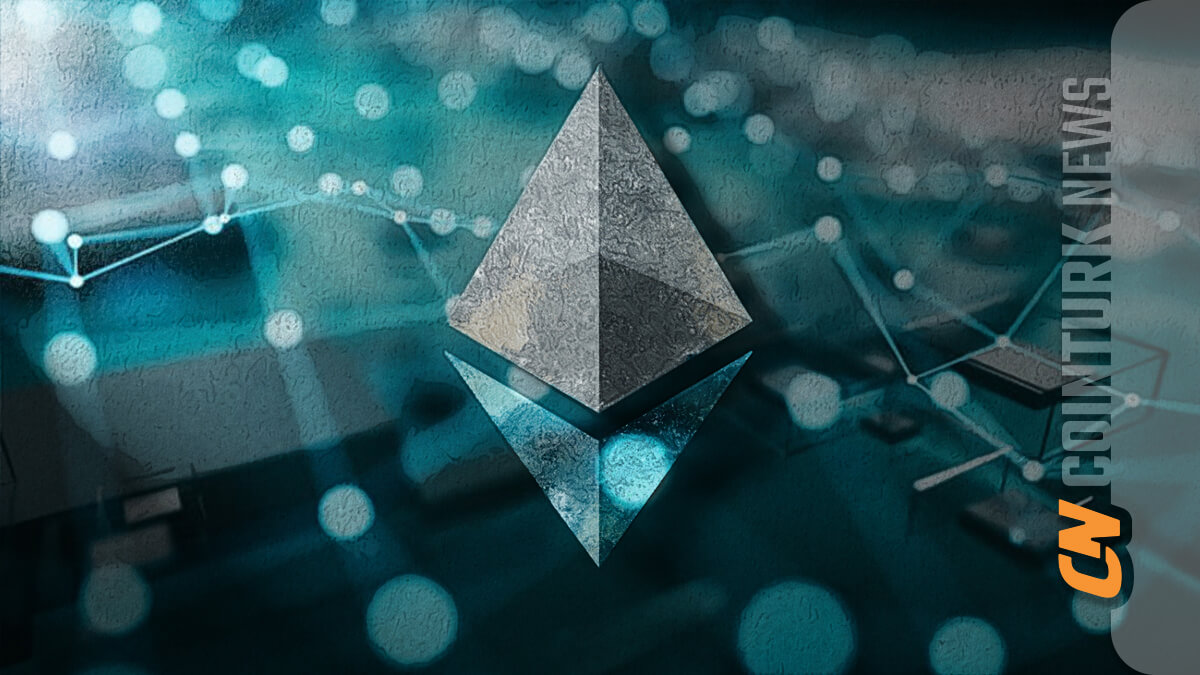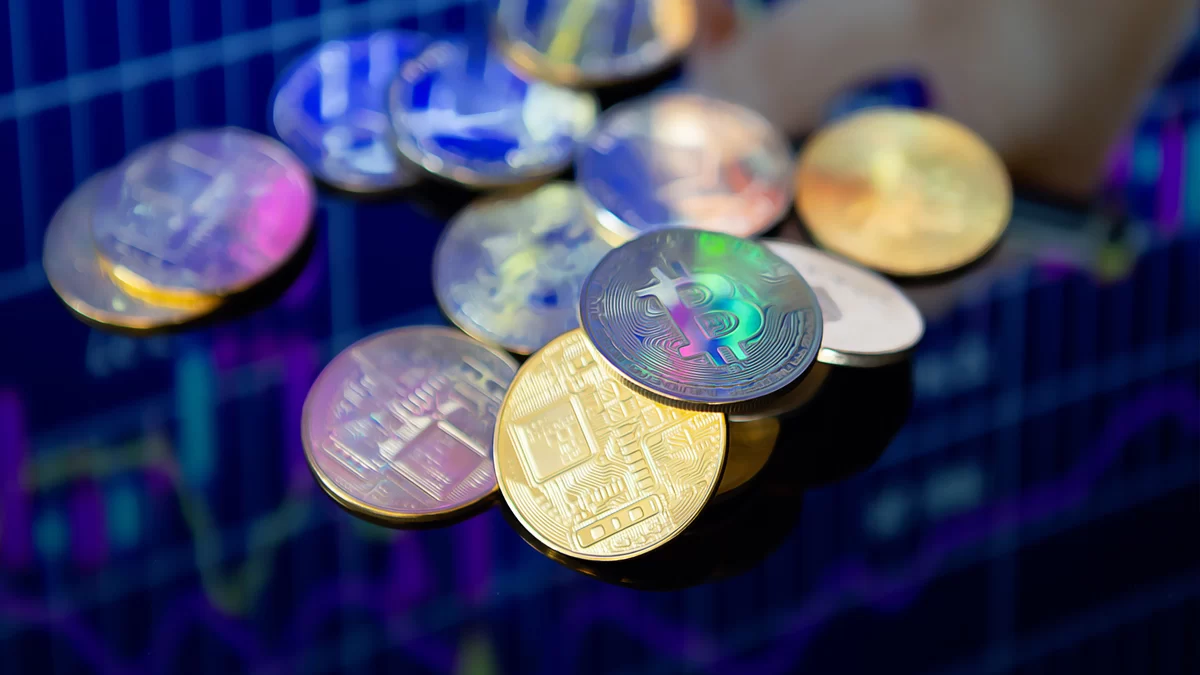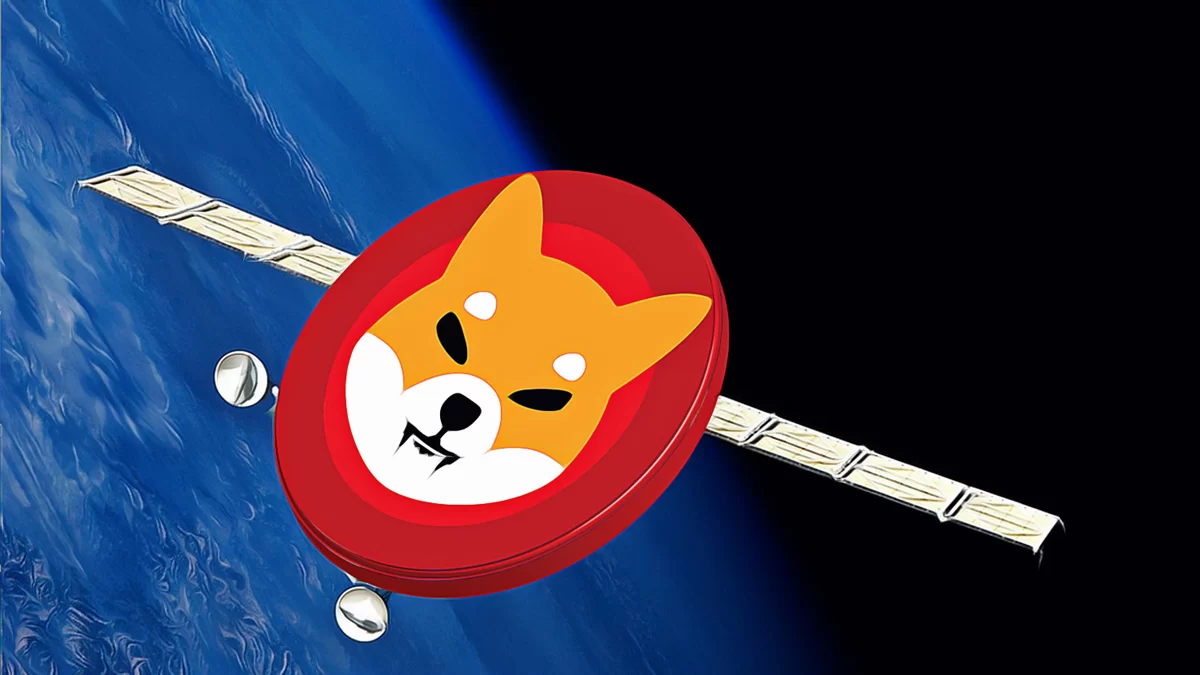Tokens play a crucial role in shaping the landscape of decentralized digital economies in the world of cryptocurrency and Blockchain technology. They emerge as building blocks that power decentralized applications with various functions and applications, facilitating transactions, enabling governance, and representing the ownership of digital and physical assets.
What are Tokens?
At its core, a token is a digital asset that operates on a Blockchain, typically created and distributed through smart contracts. Tokens can possess various characteristics and purposes depending on the Blockchain network they are built on. Unlike coins such as Bitcoin or Ethereum, which serve as native currencies on their networks, tokens are created on existing Blockchain networks like Ethereum, BNB Smart Chain, or Solana, leveraging their infrastructure and features.
Tokens are typically created using programmable script files called smart contracts running on Blockchain networks. Smart contracts define the supply, distribution mechanism, and functions of the token. Initial Coin Offerings (ICOs) and Initial Exchange Offerings (IEOs) were popular methods for token distribution in the past, but increasing regulatory scrutiny has transformed token sales into more compliant forms like Security Token Offerings (STOs) and Initial DEX Offerings (IDOs).
Tokens revolutionize concepts of value exchange and ownership representation. By aligning incentives, rewarding participants, and enabling new business models, they foster decentralized economies. Tokens incentivize users to contribute to network security, liquidity provision, content creation, and more. Additionally, by eliminating barriers to entry, they enable global participation, empowering individuals worldwide to partake in digital economies.
Despite paving the way for tremendous innovation, tokens face significant challenges. They remain undefined in regulatory frameworks as governments strive to balance consumer protection with innovation encouragement. Moreover, areas like token standards, interoperability, scalability, seamless integration continue to require development for broader adoption.
The future anticipates continued growth and influence of tokens in shaping digital economies. Especially as Blockchain technology evolves and matures, tokenization is emerging with the potential to revolutionize sectors beyond financial assets, including real estate, supply chain management, intellectual property, and more. The potential of token economies to create new opportunities, disrupt traditional industries, and empower individuals is vast.
Tokens, digital assets serving diverse purposes in decentralized ecosystems, can be broadly categorized as follows:
- Utility Tokens: Utility tokens are the lifeblood of decentralized applications (dApps). They allow users to access and use specific features, services, or products within a certain ecosystem. For instance, tokens like Uniswap’s UNI or Aave’s AAVE in the world of decentralized finance (DeFi) provide users with access to platform services such as liquidity provision or lending and borrowing.
- Security Tokens: Security tokens represent ownership in traditional or digital assets like shares in a company, real estate, or other financial instruments. These tokens are usually compliant with regulatory frameworks and offer certain rights and advantages to investors, such as dividends or voting rights. Security tokens bridge the gap between traditional financial markets and the Blockchain sector by providing fractional ownership and liquidity.
- Governance Tokens: Governance tokens grant their holders the authority to participate in decision-making processes within decentralized networks or organizations. Token holders can vote on proposals, protocol updates, or resource allocation. Examples of governance tokens include Maker (MKR) and Compound (COMP), which allow token holders to shape the direction and policies of their respective platforms.
- Stablecoins: Stablecoins are tokens designed to provide a stable value by pegging their prices to a fiat currency, commodity, or algorithmic mechanism. These tokens provide stability in the highly volatile crypto market, facilitating easier trade, money transfer, and broader adoption.
What are the Differences Between Tokens and Coins?
Tokens and coins are both digital assets that operate on blockchain networks, but they have different features and serve different purposes. The key differences between tokens and coins can be summarized under five headings.

Purpose
Also known as currency, a coin is designed to serve as a medium of exchange or store of value. They are often created for use as cryptocurrency. Bitcoin (BTC) and Litecoin (LTC) can be cited as examples of coins. On the other hand, tokens have a broader range of purposes and functions. They can represent various things, such as digital or physical assets, access rights to services or products, governance in decentralized networks, or even loyalty points within a specific ecosystem. Tokens are usually created using the infrastructure of existing blockchain networks. Tether (USDT) can be given as an example of a token.
Creation
Coins are typically generated via mining or Proof of Stake (PoS) consensus mechanisms. Mining involves using computational power to solve complex mathematical problems, secure the network, and validate transactions. In PoS, coin owners can verify transactions and create new blocks based on the number of coins they own and their “stake” in the network. Tokens, on the other hand, are typically created using smart contracts on established Blockchain networks such as Ethereum, BNB Smart Chain, or Solana. Smart contracts define the characteristics, supply, and functionalities of the token. Token creation does not require mining or independent Blockchain networks as they draw power from the platform’s core infrastructure.
Infrastructure
Coins generally operate on their independent Blockchain networks, with their consensus mechanisms, network rules, and protocols. For instance, Bitcoin operates on the Bitcoin Blockchain, distinct from other Blockchain applications. Tokens utilize an existing Blockchain network for their operations. They are built upon established Blockchain networks and leverage the underlying network’s security, scalability, and features. For example, the Ethereum Blockchain is a popular platform for creating tokens, particularly using the ERC-20 standard.
Interoperability
Coins tend to have less interoperability with other Blockchain networks. They are designed to operate within their ecosystems, and while they can be bought and sold on various exchanges, integration with other networks requires extra development efforts or the use of cross-chain protocols. Tokens, especially those created on networks like Ethereum, tend to be more interoperable. They can easily interact with other tokens and decentralized applications within the same Blockchain network. Additionally, the development of cross-chain technologies such as bridges and interoperability protocols allows tokens to be transferred across different Blockchain networks.
Regulatory Considerations
Coins, primarily used as a currency, often face regulatory scrutiny, and cryptocurrencies are subject to regulations governing money transfers and financial activities. Tokens can have different functions and use cases, which could subject them to different regulatory frameworks. For example, security tokens could fall under securities laws, while utility tokens could face issues related to consumer protection or crowdfunding regulations.









